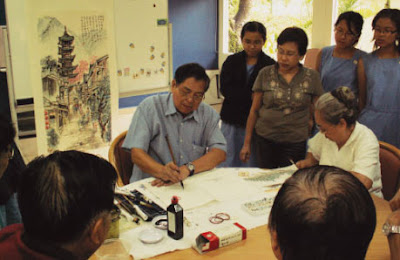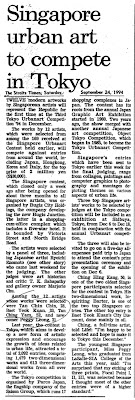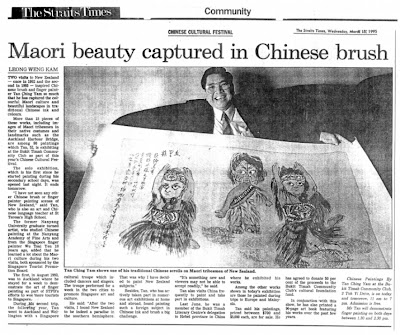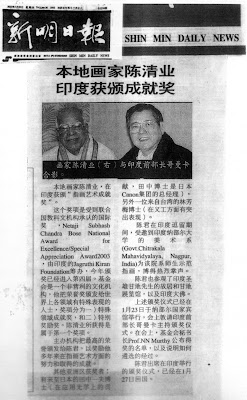Teaching children to practice self-control has life-long benefitsby Gregory Ramey, PhD, child psychologist at Dayton Children's and Dayton Daily News columnist
What would happen if you put a marshmallow in front of your 4-year-old and gave him a choice? He can eat the marshmallow immediately or wait 15 minutes and get two marshmallows. What would he do?
In a series of experiments in the 1970s, researcher Walter Mischel studied self-control in young children. Four-year-olds were left alone in a room with a single marshmallow and told to ring a bell when they wanted the adult to return.
Some youngsters ate the one marshmallow immediately, while others used various distraction techniques and waited 15 minutes so as to get two treats. Researchers studied these two groups of students again when they graduated from high school and found significant differences between the groups.
Preschoolers who demonstrated high levels of self-control at age 4 did significantly better in high school. In comparison with their impulsive counterparts, the self-control students achieved higher levels of academic success, scored 200 points higher on their SATs and were rated higher on social competence and dependability.
The ability to say "no" to something good today for the sake of something better tomorrow is critical to your personal and professional success. [
see more results here for consequence adult outcomes of self-control kids]
Why is self-control important?
Psychologists refer to this skill as self-control, the willingness to delay immediate gratification. Musicians practice endless hours to perform a single piece of music. Students study instead of watch TV. Athletes devote years of their lives to prepare for an Olympic event that may last only a few minutes.
The concepts of self-control, delayed gratification and discipline seem so counter to our cultural values. We use our credit cards because we want things right away. We become inpatient if we wait more than a few moments at a drive-through McDonalds. We eat ourselves into obesity and poor health because it feels good, with little consideration of the long-term consequences.
The good news is that self-control is not an inborn trait, but a skill that can be taught and nurtured at an early age.
Helping your child achieve self-control
-
Talk about self-control. Don’t be reluctant to talk about the importance of discipline and delayed gratification. Don’t lecture your children on this issue, but teach them strategies they can use to be successful. In the Marshmallow Studies, successful 4-year-olds didn’t focus about the treat, but instead distracted themselves by thinking about other things. Preaching to your child to shut off the TV and go study won’t work. Instead, teach them strategies to organize their time so they finish segments of their work before they reward themselves with TV or video games.
-
Reward delayed gratification. It’s hard at times to study, practice piano or do football drills. Acknowledge your child’s efforts and specifically praise their willingness to work hard at something that won’t have immediate positive consequences. For high school students, encourage them to save some of the money they earn. One parent agreed to double whatever money her daughter saved in the bank over one year.
-
Model good behavior. Talk about your own strategies to achieve self-control. “I really feel like some ice cream right now, but…I want to lose some weight so let’s not keep any ice cream in the freezer.” Talk about what strategies you use to be successful. “I’m trying to watch less TV, so I plan one 15-minute activity I want to accomplish every night before I turn on the TV.”
Let your child see the human side of you. From childhood through adulthood, we all grapple with issues of self-control and discipline, and sometimes fail more often than we’d like. Talking about the importance of this skill and effective strategies are key in helping your children achieve the freedom of self-control.
Related Articles:
Teaching Your Child Self-ControlA few suggestions on how you can help your child learn to control his or her behavior.




 Thank you Mr J. P. David for the sharing which brings us the sweet memory of our old times...
Thank you Mr J. P. David for the sharing which brings us the sweet memory of our old times...

 As part of Alexandra Hospital’s Art Therapy programme, elderly patients gather for Chinese painting classes taught by volunteer Dr Tan Ching Yam, and aided by a group of student volunteers from the Singapore Chinese Girls’ School (SCGS).
As part of Alexandra Hospital’s Art Therapy programme, elderly patients gather for Chinese painting classes taught by volunteer Dr Tan Ching Yam, and aided by a group of student volunteers from the Singapore Chinese Girls’ School (SCGS).



